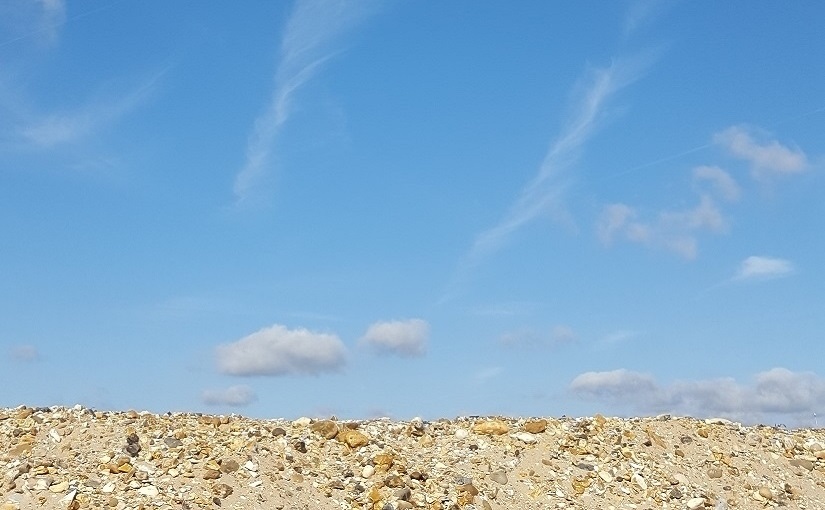Ideas around the role of culture within human society and how it relates to or shapes what we are doing and how we perceive it have woven through a few posts here so far (see Notes One).
At times, I’ve considered how culture seems to arise in relationship with nature and the world around us; helping us make sense of that world and find our way within it, both practically and imaginatively. Stories we tell can help us find peace and act wisely in relation to what surrounds us, whether we’re talking about other people within society or the environment in which we coexist.
Elsewhere I’ve talked of how culture informs our views on life: providing a palette of options we might choose from in forging our own identity and understanding others. Those options might be uplifting, constructive and empowering, or they could be more despairing, critical and uncaring. There’s a lot of complexity in how we represent modern society and how, in turn, that shapes our outlooks on life.
Making sense of the vast, reciprocal role of culture in our own times and historically is a fascinating prospect. In a way it reflects the realities and concerns of society; but how it does so presumably affects those very realities over time. The channels of the human mind, and how that filters into our attitudes and actions, seem to make culture a truly living and influential part of society.
Within that bigger picture, there’s then art itself. Looking at what art offers beyond the worlds of museums, galleries and theory, I feel the above processes can there become even more abstract, direct and powerful (Notes Two). Art seems to be a way of pulling things into focus and thereby questioning aspects of society, thought, perception or meaning.
In all of this, the ideas we entertain and the activities that run alongside them seem central to human life: as social, intelligent and imaginative creatures the process of involving ourselves in these discussions of meaning has apparently always been part of how we live. Making sense of the world, taking our part in it, and relishing the enjoyment of a shared cultural life seems an essential part of being human.
Personally though, I feel modern culture is at a stage where it’s also sensible to step back slightly from the commercial concerns at play there. If culture’s such a core aspect of human society and individual meaning-making, if these are the ideas and activities shaping our sense of the world around us and our place and value within it, then I hesitate at it being directed largely by business or similar calculations.
Cultural activities seem inextricably linked with human nature, but discernment and a clear sense of our wider realities seem to be becoming more important than ever. Because culture’s also about what we end up doing: the conversations we’re having, the things we’re actively taking part in, and the extent to which all that is supporting a healthy and inclusive society.
Notes and References:
Note 1: Culture and the passing of time
Note 1: Missing something with modern culture?
Note 1: How many aren’t well represented?
Note 1: Culture selling us meaning
Note 2: The value of art in society
Note 2: How well does art relate to life?
Note 2: Aesthetic value of nature
Related to this, People, rules & social cohesion asked what keeps society together and the parts we play in that.

